Be Prepared for Anything
Medical emergencies in dental settings occur for a variety of reasons. A survey revealed that among 2,704 dentists polled over 10 years, more than 13,000 medical emergencies took place. The chief reason is an increase in the number of older adults seeking dental services. In addition, many of these patients use polypharmacy, which, in turn, can increase medical complications. Another factor stems from medical advances that are allowing patients who are medically compromised to live a higher quality of life, which includes seeking dental services. In clinical practice, these varied conditions and prescriptions must be considered when selecting dental anesthetics, as they may inhibit a patient’s ability to adapt to stressful situations. For these reasons, dental professionals are advised to work toward preventing medical emergencies.

One way to do to prevent medical emergencies is by collecting a detailed medical history for every patient and updating the history at each visit (with a new medical history document at least once every 5 years).
 Dmytro Lukyanets / iStock / Getty Images Plus
Dmytro Lukyanets / iStock / Getty Images Plus
Which of the following is an important part of the medical history?
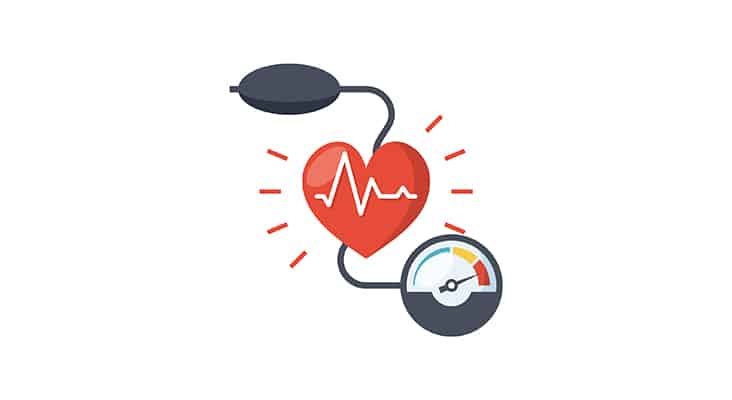 Nik01ay / iStock / Getty Images Plus
Nik01ay / iStock / Getty Images Plus
Every dental setting should have at least a basic emergency kit that contains oxygen, an automated external defibrillator (AED), albuterol (rescue inhaler), aspirin, diphenhydramine (antihistamine), and auto-injectors of epinephrine, nitroglycerin, and glucose.
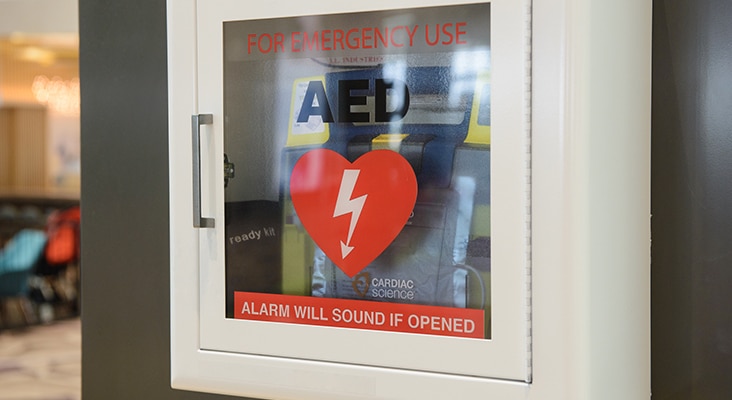 Brostock / iStock / Getty Images Plus
Brostock / iStock / Getty Images Plus
All dental offices should hold emergency preparedness drills every 5 years.
 yoh4nn / E+
yoh4nn / E+
The most common medical emergency in dentistry is syncope.
 Tunatura / iStock / Getty Images Plus
Tunatura / iStock / Getty Images Plus
Patients who experience a severe allergic reaction, or anaphylaxis, should be assisted with administration of an auto-injector of epinephrine.
 AndreyPopov / iStock / Getty Images Plus
AndreyPopov / iStock / Getty Images Plus
Dental settings should also stock a rescue inhaler in the emergency kit in the event a patient with asthma does not have a bronchodilator available.
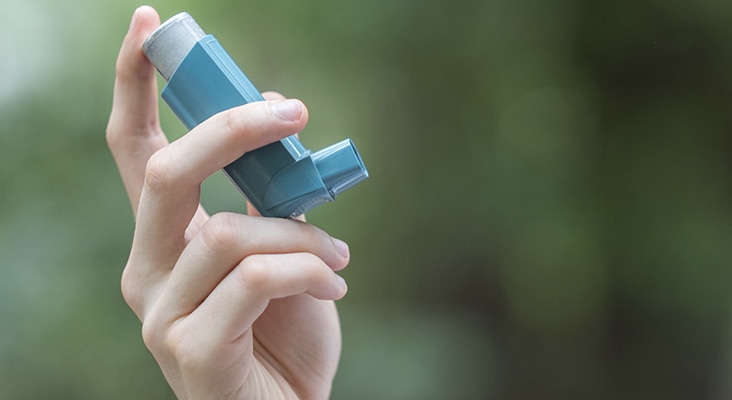 Stephane Bureau du Colombier / iStock / Getty Images Plus
Stephane Bureau du Colombier / iStock / Getty Images Plus
What should oral health professionals ask patients with diabetes before beginning treatment?
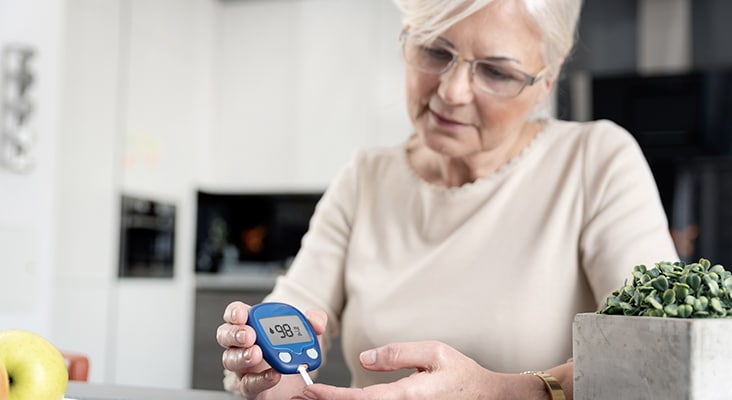 simpson33 / iStock / Getty Images Plus
simpson33 / iStock / Getty Images Plus
Patients expect oral health professionals to take precautions to prevent medical emergencies and be prepared to manage situations that arise.
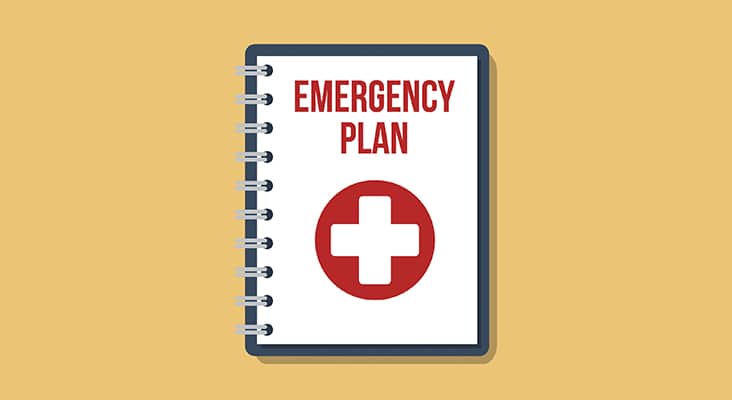 masterSergeant / iStock / Getty Images Plus
masterSergeant / iStock / Getty Images Plus
Share your Results:

